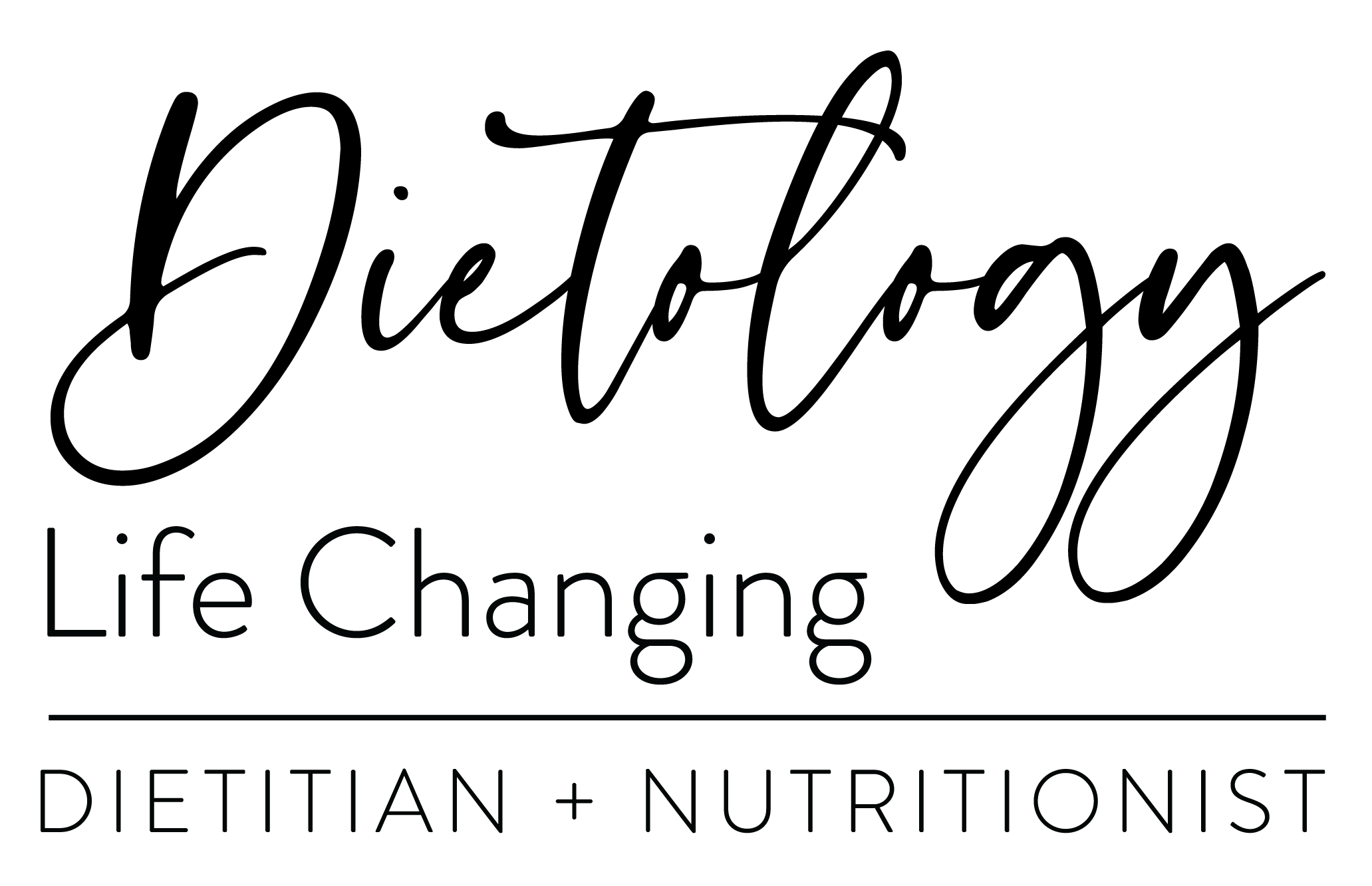The Risks of Low Calcium Intake in Hashimoto’s, Pregnancy and Menopause
The Risks of Low Calcium Intake in Hashimoto’s, Pregnancy and Menopause
Low calcium intake can have serious implications, especially if you have Hashimoto’s thyroiditis, are pregnant or going through menopause. Each situation has its unique challenges and risks, making adequate calcium intake essential. Let’s have as closer look at why:
Risks of Low Calcium in Hashimoto’s Thyroiditis
Hashimoto’s is an autoimmune disorder that causes hypothyroidism (underactive thyroid). If your calcium intake is low, the following issues can arise:
Reduced Bone Density
Hypothyroidism, especially if not well-managed, can lead to decreased bone turnover. Combined with low calcium intake, this can increase your risk of osteoporosis and fractures.
2. Muscle Weakness & Cramping
Calcium plays a key role in muscle function. Low calcium can cause muscle cramps, weakness, and even numbness, which can be exacerbated by thyroid imbalances.
3. Medication Interactions
If you are taking thyroid hormone replacement therapy (like levothyroxine), low calcium can mean you are at an even greater risk of bone health problems. Additionally, calcium supplements need to be timed correctly, as they can interfere with the absorption of thyroid medications.
Risks of Low Calcium During Pregnancy
During your pregnancy, the body’s demand for calcium increases to support both you and the baby. If calcium intake is insufficient, there are significant risks:
Bone Loss in the Mother
If you are pregnant and your calcium intake is low, your body will draw calcium from your bones to meet the baby’s needs, leading to reduced bone density and increasing the risk of osteoporosis later in life.
Poor Foetal Development
Your baby needs calcium for developing strong bones, teeth, heart, nerves, and muscles. Insufficient calcium intake can lead to poor foetal growth and development.
Increased Risk of Pregnancy Complications
Low calcium levels can contribute to hypertension and preeclampsia (a condition characterised by high blood pressure and potential organ damage), which can be dangerous for both you and the baby.
Risks of Low Calcium During Menopause
During menopause, hormonal changes—specifically a decline in estrogen accelerates bone loss. Combined with low calcium intake, this can lead to:
1. Osteoporosis & Fractures
Post-menopausal women are at a higher risk of osteoporosis because of your lower estrogen levels, which lead to a faster breakdown of bone tissue. Without adequate calcium, your bones become weak, brittle, and more prone to fractures.
2. Muscle Cramps & Weakness
Calcium is also vital for muscle function. Low calcium intake can cause you to have painful muscle cramps, tingling, and overall muscle weakness, which may become more noticeable during menopause.
3. Increased Risk of Cardiovascular Issues
Calcium also plays a role in your heart health by helping maintain a regular heartbeat. Low calcium can disrupt heart function, increasing the risk of cardiovascular problems.
General Recommendations
Adults: Aim for 1,000mg of calcium per day (1,300mg for women over 50).
Pregnant Women: Aim for 1,000mg daily
Sources of Calcium
Include dairy products, leafy greens, fortified plant-based milks, nuts, seeds, and fish with bones (e.g., sardines).
Final thoughts
Ensuring adequate calcium intake is crucial for managing Hashimoto’s thyroiditis, supporting a healthy pregnancy, and protecting bone health during menopause. Low calcium intake can lead to a host of complications, including osteoporosis, muscle weakness, and more serious conditions like preeclampsia or cardiovascular issues.
Focusing on calcium-rich foods and supplements (when necessary) can help mitigate these risks and promote overall well-being.
Calcium is a nutrient that is overlooked all too often, despite its importance throughout our lifespan. More often tailored nutrition in the form of medical nutrition therapy is imperative to ensure you consume an adequate intake of calcium, to manage symptoms and reduce risks and complications.
It's essential to work closely with a holistic dietitian, in particular one who specialises in these conditions, to develop a comprehensive treatment plan tailored to your unique needs and preferences.

